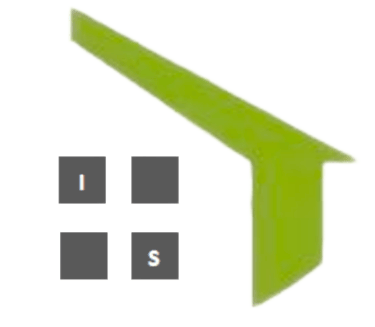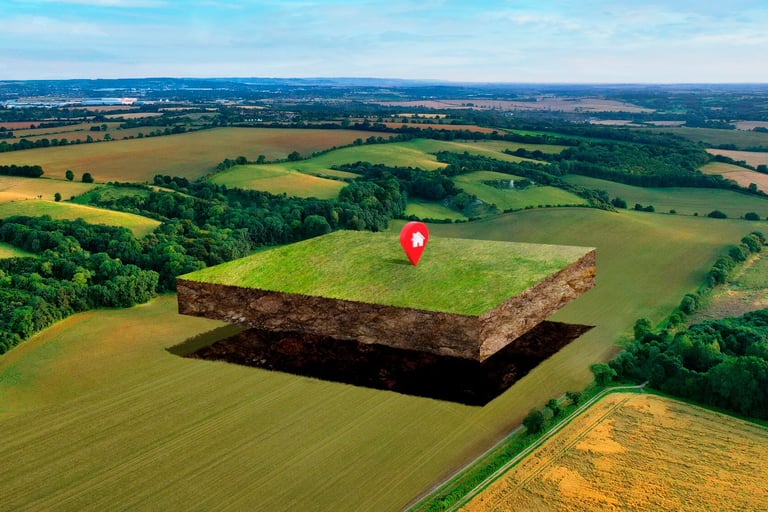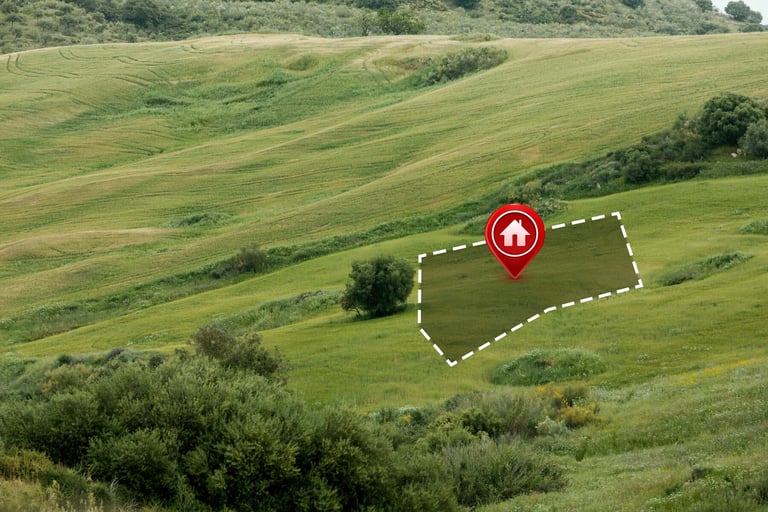What should I consider before buying vacant land?
Before purchasing vacant land, consider factors such as location, zoning regulations, land use restrictions, access to utilities (water, sewer, electricity), environmental considerations, topography, soil quality, potential for development or resale, and long-term investment goals.
What due diligence should I conduct before buying vacant land?
Conduct thorough due diligence, including obtaining a land survey, researching property boundaries and easements, investigating zoning and land use regulations, assessing environmental risks (such as flood zones or contamination), and verifying access to utilities and roadways.
What are the potential uses for vacant land?
Vacant land can be used for various purposes, including residential development, commercial development, agricultural use, recreational activities (such as hunting or camping), conservation, or as an investment for future development or resale.
How do I determine the selling price for my vacant land?
Factors influencing the selling price of vacant land include location, size, zoning, access to utilities, topography, soil quality, market demand, and comparable sales in the area. Additionally, obtaining permits or architectural plans for potential development projects may increase the value of the land. Consider consulting with a real estate agent or appraiser to determine a fair market value.




